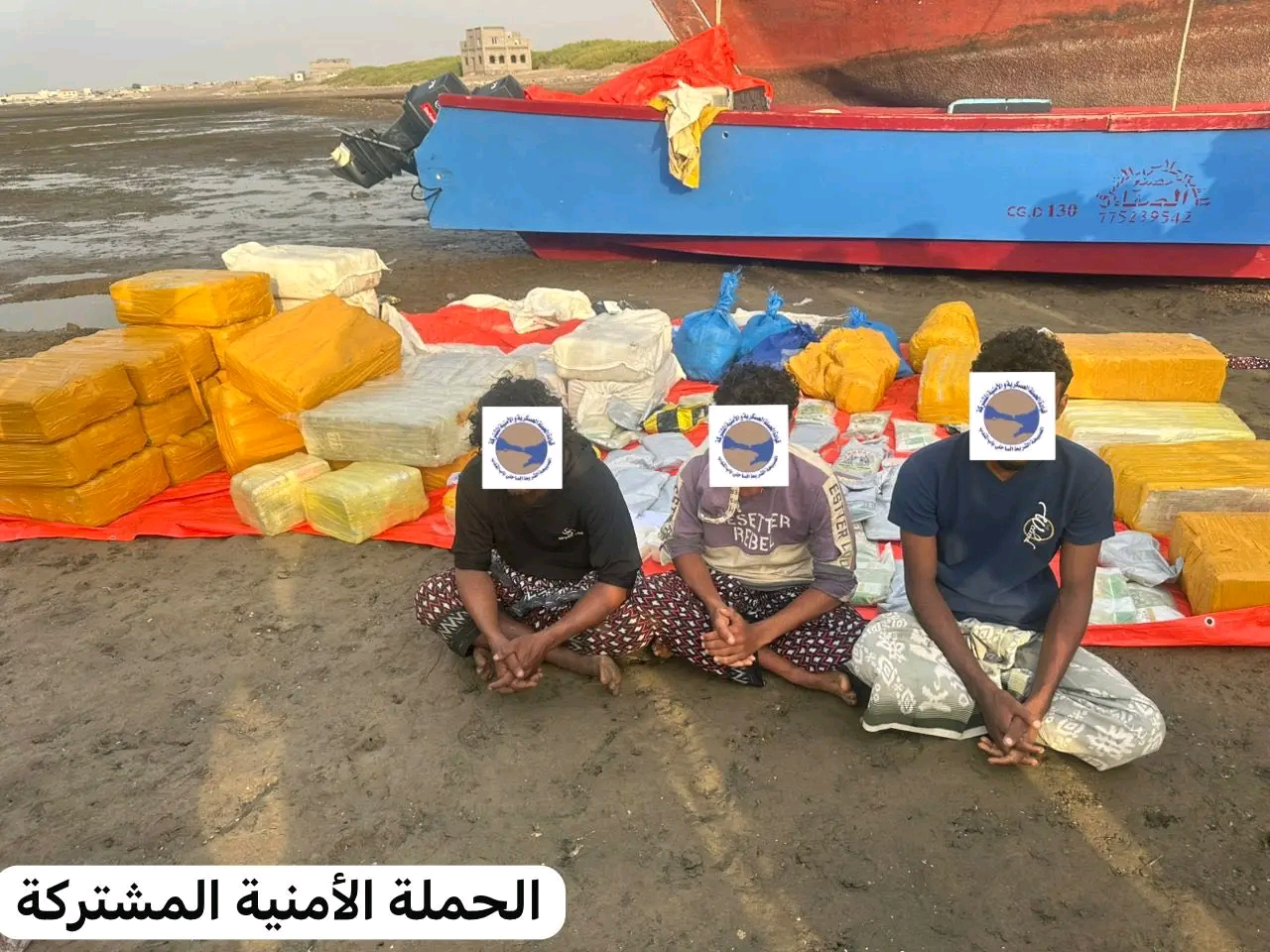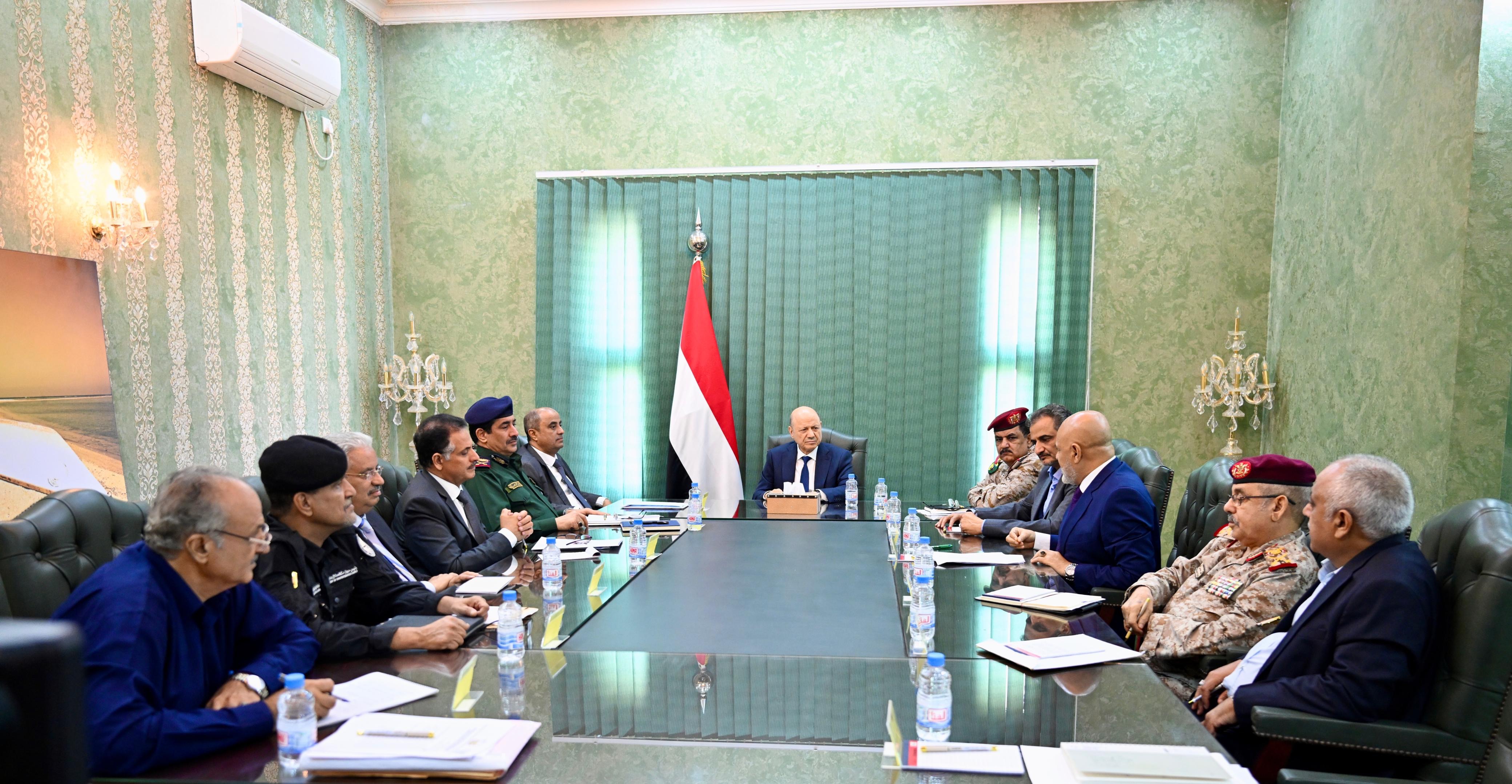
Barran Press
The internationally recognized Yemeni government is making arrangements to resume oil exports through the Nashimah port in Shabwah Governorate (eastern Yemen). This follows an announcement by UN Special Envoy for Yemen, Hans Grundberg, that Yemeni parties have reached an agreement on the banking sector and Yemenia Airlines, paving the way for broader dialogue encompassing the entire economic portfolio.
On Wednesday, Shabwah Governor Awad bin Wazir instructed the Oil Investment Company, the official contractor for oil exports, to swiftly repair the floating pipeline at the Nashimah export terminal on the coastal strip of Radhum district (south of the governorate).
Governor bin Wazir emphasized the need to control any oil spills and mitigate their impact during a meeting with the director of the General Authority for Maritime Affairs in Shabwah, Ridan al-Aulaqi, and the director of environmental protection, Dr. Taha Baker.
Al-Aulaqi acknowledged a limited oil spill, stating that export operations from the port had been halted for some time. He confirmed that the General Authority for Maritime Affairs in Shabwah would conduct a comprehensive survey of the area surrounding the spill to assess the extent of the oil slick. He added that the company would arrange for a private company to weld the sea pipelines by next week.
On Tuesday, July 23, the office of the UN Special Envoy for Yemen announced that the internationally recognized Yemeni government and the Houthi group, designated as a terrorist organization by several countries, had agreed on several measures to de-escalate tensions in the banking sector and Yemenia Airlines.
Grundberg's office issued a statement stating that they had received written confirmation from both parties regarding the agreement. This included "revoking recent decisions and measures against banks from both sides and halting any future similar decisions or measures."
The agreement also stipulated the resumption of Yemenia Airlines flights between Sana'a and Jordan, increasing the number of flights to three daily, and establishing daily or as-needed flights to Cairo and India.
The agreement further outlined plans for meetings to address administrative, technical, and financial challenges faced by the airline, as well as the initiation of discussions on all economic and humanitarian issues based on a roadmap.
Grundberg acknowledged the crucial role of Saudi Arabia in reaching this agreement and affirmed the UN's readiness to work with both parties to implement the agreed-upon measures. He offered to facilitate communication with authorities in Jordan, Egypt, and India.
The UN envoy stressed the need for both parties to cooperate in achieving an economy that serves all Yemenis and supports the implementation of a nationwide ceasefire and the resumption of an inclusive political process.
On July 12, the Yemeni Presidential Leadership Council stipulated the "resumption of oil exports, unification of the national currency, revocation of all arbitrary measures against the banking sector, and the financial and business community" during an emergency meeting. The meeting discussed a UN request for a UN-sponsored dialogue to address recent economic developments and find solutions that benefit Yemenis.
On Tuesday, July 23, UN Special Envoy Hans Grundberg, in a briefing to the Security Council, expressed his hope for further cooperation with the parties to support them in fulfilling their commitments regarding the banking sector and Yemenia Airlines.
He emphasized that the objective remains a unified currency, a unified and independent central bank, and a banking sector free from political interference. He stressed that the parties' commitment should translate into de-escalation and dialogue, as per the understanding reached the previous night and the broader understanding reached last December, leading to a willingness to negotiate directly.
In October 2022, the Houthi group targeted the Nashimah port with two drones, hindering oil exports. Similar attacks on export ports in Hadhramaut Governorate also deprived the internationally recognized Yemeni government of much-needed foreign currency revenue.
The Houthis subsequently demanded a "mutually agreed upon mechanism" to allow the resumption of oil exports from ports under the control of the Yemeni government, which would involve revenue sharing between the two sides.
The halt in oil exports due to Houthi attacks has exacerbated the economic and humanitarian crisis in Yemen. In August 2023, the Yemeni government announced losses of $1.5 billion due to the suspension of oil exports.





